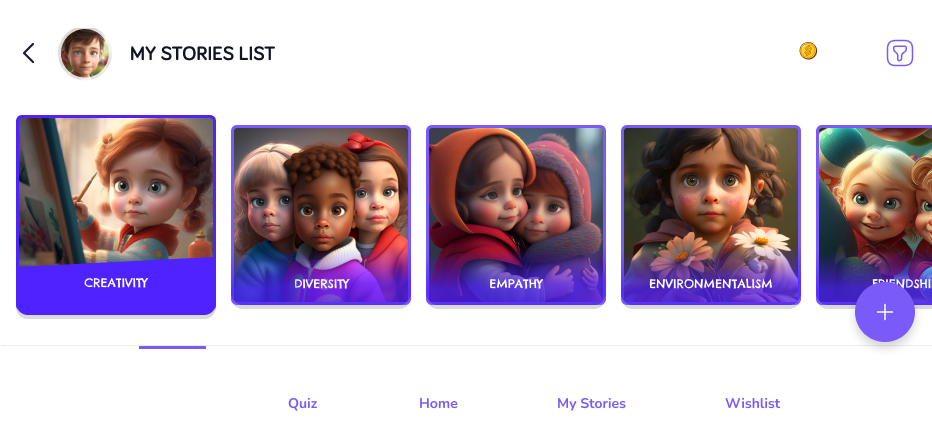Inquiry-based learning is a student-centered approach to education that encourages children to ask questions, think critically, and explore their natural curiosity. This approach helps children to develop a deeper understanding of the world around them, while also building important skills like problem-solving, collaboration, and communication.
Here are some tips for implementing inquiry-based learning in the classroom:
- Encourage questions: One of the main goals of inquiry-based learning is to encourage children to ask questions. Teachers can start by asking open-ended questions that spark curiosity and encourage students to think critically. Students can then be encouraged to ask their own questions, which can lead to further exploration and investigation.
2. Encourage questions: One of the main goals of inquiry-based learning is to encourage children to ask questions. Teachers can start by asking open-ended questions that spark curiosity and encourage students to think critically. Students can then be encouraged to ask their own questions, which can lead to further exploration and investigation.
3. Foster collaboration: Inquiry-based learning is often done in groups, which allows students to collaborate and learn from each other. Group work can help students to build communication and collaboration skills, while also helping them to learn from different perspectives and ideas.
4. Provide opportunities for reflection: Inquiry-based learning is a process, and students should be given opportunities to reflect on what they have learned. This can help them to make connections between different concepts and to deepen their understanding of the subject matter.
5. Celebrate learning: Finally, it’s important to celebrate the learning that takes place through inquiry-based learning. This can be done through presentations, exhibitions, or other forms of sharing that allow students to showcase what they have learned and to feel proud of their accomplishments.

Inquiry-based learning can be a powerful tool for helping children to develop important skills and to deepen their understanding of the world around them. By encouraging questions, guiding investigations, fostering collaboration, providing opportunities for reflection, and celebrating learning, teachers can create a rich learning environment that engages and inspires students
